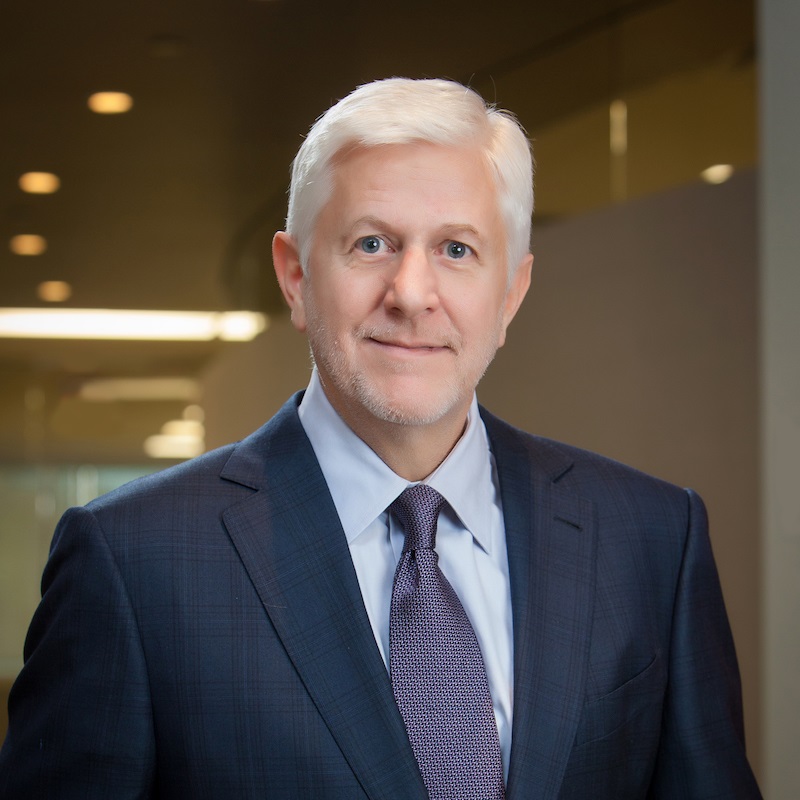
Michael Cook is the Founder, Chief Executive Officer and Chief Investment Officer of SouthernSun Asset Management. In his over 30 years of experience as a research analyst and portfolio manager, Mr. Cook has developed a unique investment philosophy and process, which serves as the core of the firm’s U.S. and global equity strategies.
Throughout his career, he has been featured and quoted in The Wall Street Journal, Barron’s and Bloomberg Markets magazine and has been a speaker on CNBC, Fox Business News and Bloomberg TV.
In this exclusive and extensive 3,747 word interview in the Wall Street Transcript, Mr. Cook describes the idiosyncratic stock valuation methodology that has fueled his firm’s success:
“I’m always a little bit nervous when people start talking about unique investment philosophies because I think we all are unique in some way, shape or form, but I do think our approach is unique. It seems probably more unique today than maybe it was when I began.
In a sense, the concentrated nature of our portfolio and our particular focus on small to midsize businesses in the public marketplace were always a bit of our uniqueness because that was not necessarily something that there was an enormous proliferation of when I originally started the firm.
Also, our dedication to on-the-ground research is a big differentiator in my opinion. Frankly, we’re a little bit more like a private equity firm that manages public equity.”
Some of the top stocks discussed in the interview are not obvious:
“A name that we haven’t talked about though is The Brink’s Company (NYSE:BCO). You probably know them as the armored car or the armored trucks that you’ve seen in the past, but they’re so much more than that today. They’re one of the largest providers of logistics and security services for the transport of both cash and valuables around the world.
One of the questions that we hear often is, “Why would a company that moves cash be valuable in a world where we’re basically going digital?” Well, interestingly enough, cash in circulation globally continues to grow and has grown about 6% a year for the past several years.
There’s still an enormous unbanked population in the world. The view that anything related to cash is basically a dying industry is the first assertion that needs to get knocked out when you think about a company like Brink’s.”
To get the full detail on this and many other top picks from Michael Cook, read the entire 3,747 word interview in the Wall Street Transcript.
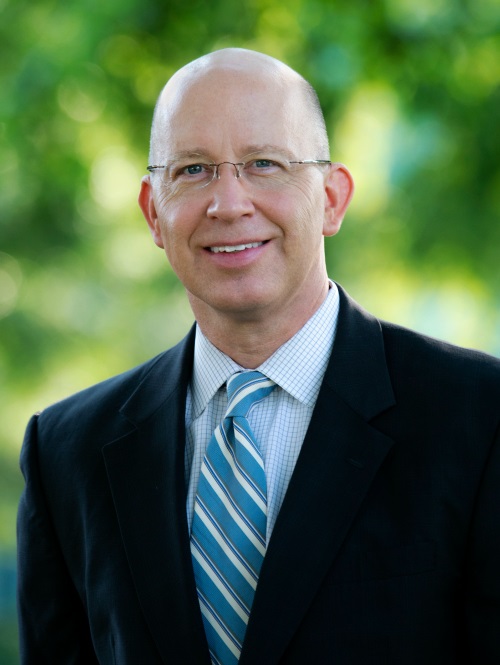
Eric M. Teal is Chief Investment Officer and Managing Partner of Queens Oak Advisors, a position he has held since August 2015. He has overall responsibility for the firm’s investment strategy and results. This includes overall responsibility for asset allocation and directing portfolio management, research, trading, planning and risk management.
In this exclusive 1,755 word interview with the Wall Street Transcript, Mr. Teal updates his analysis of several key portfolio stocks:
“…There was a merger of equals between BB&T (NYSE:BBT) and SunTrust (NYSE:STI), which is a combination of two notable regional banks in the Southeast. We have thought for some time that there would be continued consolidation within banks and financials, but this is the biggest merger in nearly a decade since the financial crisis. We think the consolidation among regional banks will continue to occur as there is a need for scale and operational efficiencies within the banking industry.”
The development of MetLife is another portfolio positive:
“…We do like insurance providers such as MetLife (NYSE:MET). Met has an attractive dividend yield significantly above the market and the industry peer group. They’ve had solid earnings growth as well as dividend growth over the past several years.
Their earnings have continued to accelerate primarily with disciplined expense management. And so given their diverse exposure to life insurance, asset management and small businesses, and our view that claims will be lower within the insurance industry over the next year or two, we think that MetLife looks attractive…”
Another top pick is BorgWarner (NYSE:BWA):
“BorgWarner stock has since stabilized and has had a strong start in 2019. The company does have exposure to tariffs with China, but they have really rationalized their product offering, including selling off the thermostat business last year, and their products offer good exposure to hybrid and electric technologies and motor vehicles.
And so the recent decline in stock price, I think, gives a unique opportunity for investors to own a company that is trading at a forward p/e in the single digits, offering long-term growth in many attractive areas, particularly within light vehicle sales.”
Get more of the detail on these and many other picks by reading the entire exclusive 1,755 word interview in the Wall Street Transcript.
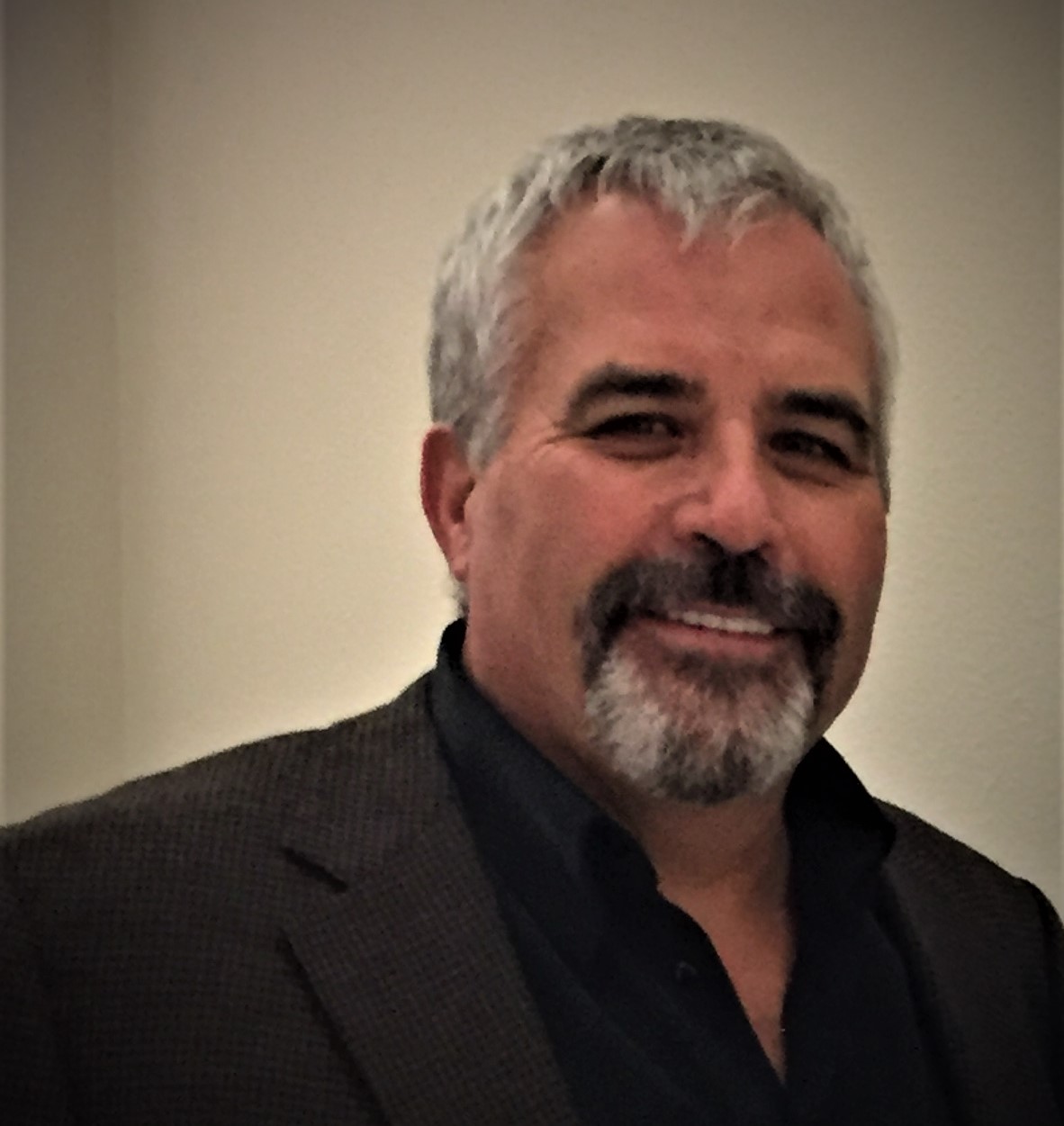
Troy Meier is Co-Founder, Chairman and Chief Executive Officer of Superior Drilling Products, Inc. Mr. Meier has more than 33 years of experience in the oil and gas industry, including 13 years at Baker Hughes. Along with Annette Meier, he co-founded the company that is now SDPI in 1999.
Since that time, Mr. Meier has spearheaded the development of the company’s new manufacturing business as well as its research and development activities. As SDPI’s chief innovator, he has been responsible for not only inventing but also designing engineering and manufacturing industry-specific machinery and processes.
In this exclusive 3,182 interview, this CEO explains how to start and grow a successful manufacturing business in the United States.
The company is based on re-cycling equipment:
“We started Superior Drilling Products in 1993, and initially, we specialized in refurbishing PDC drill bits, or diamond drill bits as they are commonly called. And we pioneered the process for refurbishing PDC bits. Up until that time, worn out bits were simply discarded.
Our innovation of this process changed the way the industry viewed and handled PDC bits, effectively transforming them from a disposable asset that was a one-time sale to something with a significantly longer life span that could be rented and reused multiple times.
In 1996, we signed a contract with Baker Hughes and are still working basically under that same contract, with some modification, over 23 years later. ”
The business has developed into complete manufacturer:
“The majority of our business, and our real growth engine, is driven by our own product lines. The first tool we introduced was the Drill-N-Ream, our flagship product. We developed it jointly with a company called Hard Rock. As I mentioned, we acquired their 50% of the intellectual property by purchasing Hard Rock.
Raising capital for that acquisition was one of the main reasons why we went public in 2014. We now own 100% of the I.P. behind Drill-N-Ream, on which we have six patents.
The Drill-N-Ream was really a step change in drilling technology…”
Get the rest of this inspirational American entrepreneur’s story by reading the complete 3,182 word interview in the Wall Street Transcript.
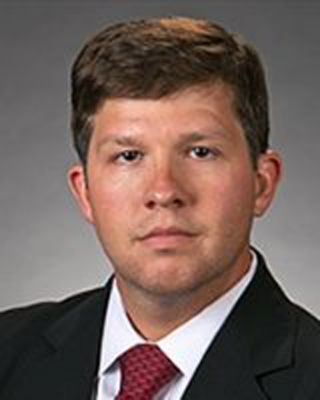
David Amoss, CFA, is the Lead Research Analyst for the midstream sector at Heikkinen Energy Advisors. He previously covered the upstream energy sector at Howard Weil and Iberia Capital Partners. Prior to that, Mr. Amoss was an economist with AECOM in Chicago and Sydney, Australia, specializing in front-end traffic and revenue analysis, primarily in the transportation and energy sectors.
He holds a BBA in international business from The University of Georgia and is a CFA charterholder. Mr. Amoss currently serves as Chairman of the board at Lycee Francais de la Nouvelle-Orleans, a French immersion charter school in New Orleans. He has previously served as President of the CFA Society of Louisiana.
In this 3,373 word interview, exclusively in the Wall Street Transcript, Mr. Amoss analyzes the MLP sector in depth.
“There are two separate questions that have been posed to MLPs. The first is: Should you retain your existing structure if you have incentive distribution rights, or IDRs? The second question is: Should MLPs, existing companies that are structured as MLPs, consider a conversion to be C-Corp-structured companies? And I think those are two very distinct questions.”
The valuation of these companies is intrinsically tied to the corporate organizational structure:
“Midstream investors and MLP investors do not want to see companies retain their IDR structure. And over the last two years especially, most of the companies in the space have either undertaken a “simplification” of their structure or have announced a proposed transaction to eliminate IDRs. Most of those proposed deals are scheduled to close in the first quarter of 2019.”
Get the full detail on these MLP specific issues and the current recommendations for investment by reading the entire 3,373 word interview exclusive to the Wall Street Transcript with David Amoss, the Lead Research Analyst for the midstream sector at Heikkinen Energy Advisors. exclusive to the Wall Street Transcript.
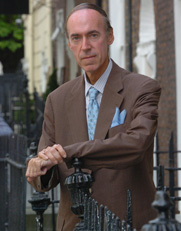
David Lifschultz is the Chief Executive Officer of Genoil Inc. and a member of the board of directors. He joined Genoil in 2001, bringing more than 30 years of technology industry leadership and executive management experience.
Mr. Lifschultz is extremely well-versed on the global macro and geopolitical dynamics affecting the energy sector. Prior to joining Genoil, David Lifschultz served as the President and Chief Executive Officer of Lifschultz Terminal Leasing Inc., a holding and investment company that allocates capital for alternative energy technologies.
Mr. Lifschultz was President and Chief Executive Officer of Lifschultz Industries Inc., which was a high-tech precision metrology company notable for developing heat measuring instruments that could measure heat to the nano degree in partnership with Donald J. Trump.
In this exclusive 2,638 word interview, Mr. Lifschultz details the method his new company has a new technology that “converts heavy oil with sulfur into light oil with very, very low sulfur.”
Mr. Lifschultz summarizes the sustainable barrier to entry that provides the value proposition for his shareholders and customers:
“We can convert the heavy oil, which has high sulfur and high carbon ratios, to the carbon ratio equivalent of light — actually, even better than light — at a cost that can undersell the light oil. So our marketing plan is to convert as much heavy oil as we can because we can produce a better-quality oil than the present light oil that’s on the market at a much lower cost.”
The geopolitical implications of this technology were used by Mr. Lifschultz during the Bush Administration:
“…I presented to Secretary of Energy Samuel Bodman a plan to create 22 million to 25 million barrels a day of excess oil-producing capacity, shut-in capacity to the world, so that if the Strait of Hormuz were closed, Genoil would have a reserve production to meet that demand and avoid a collapse of the entire world economy.
Secretary of the Energy Samuel Bodman thought that was the most brilliant idea that he had ever heard of, but he was not able to push it through.”
David Lifschultz is currently trying to deploy his proprietary technology to China:
“…We have precedent in this in that Fred Koch of Koch Industries had a technology for refineries in the 1930s, and he was boycotted by all the major oil companies. And he went to Joseph Stalin’s Russia. And Stalin’s engineers told him his was far better than anything they’re using in the United States.
So Stalin rolled out that technology in all his refineries. And Russia then gave Fred Koch a start, which is now Koch Industries. So I thought of myself as being in the same position as he was. We had the technology, but nobody wanted to use it, so that’s why we went to China.”
Read the rest of this 2,638 word interview, exclusive to the Wall Street Transcript, for the full detail on David Lifshultz’ strategy for his company.
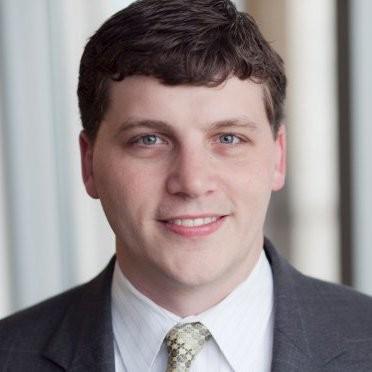
Ben Nolan joined Stifel Financial Corp. in May 2013 as Director covering the shipping and energy infrastructure sectors. Prior to Stifel, Mr. Nolan was part of Knight Capital covering both equity and debt of companies in the maritime sector, and he spent six years at Jefferies as an equity research analyst covering the shipping sector.
In addition to equity research, Mr. Nolan spent several years as a corporate financial analyst for EOG Resources in the oil and gas business. Mr. Nolan graduated from Texas A&M University with a BBA in finance and received his MBA from the University of Houston.
In this 3,081 word interview, Mr. Nolan reveals some important investment considerations:
“On the natural gas side or the LNG side, that market has really been growing at a tremendous clip. And the reason for it is largely Asia, and China largely has a voracious appetite for natural gas right now, and not just China.
There are a lot of places around the world that are looking to de-emphasize coal and replace it with cleaner-burning natural gas. That’s because generally speaking natural gas can be procured relatively cheaply from the United States…”
The positive balance of trade for the United States cannot be over-emphasized:
“…we’re exporting more to Korea than we would to China because they’ve traded places a little bit in some categories. Still, the demand is very strong and probably will continue to be very strong. And I think, broadly, the export of U.S. hydrocarbons will definitely be the major theme of all of energy for the next five to 10 years.”
Ben Nolan details several top stock picks including this current favorite:
“At the moment, my favorite idea, certainly in small-cap land, is a company called Navigator Gas (NYSE:NVGS). It’s currently trading at about $10, and we have a $16 target price on it. They have a special niche within the tanker market.
They ship specialty gases, and that could be things like propane and butane but also specialty chemicals like ethylene that are all being produced in the U.S. along with oil and natural gas. And those are having to find their way into the international market, while there’s very limited consumption growth in the United States for that. But there’s tremendous demand internationally.”
Get the full 3,081 word interview, only in the Wall Street Transcript.
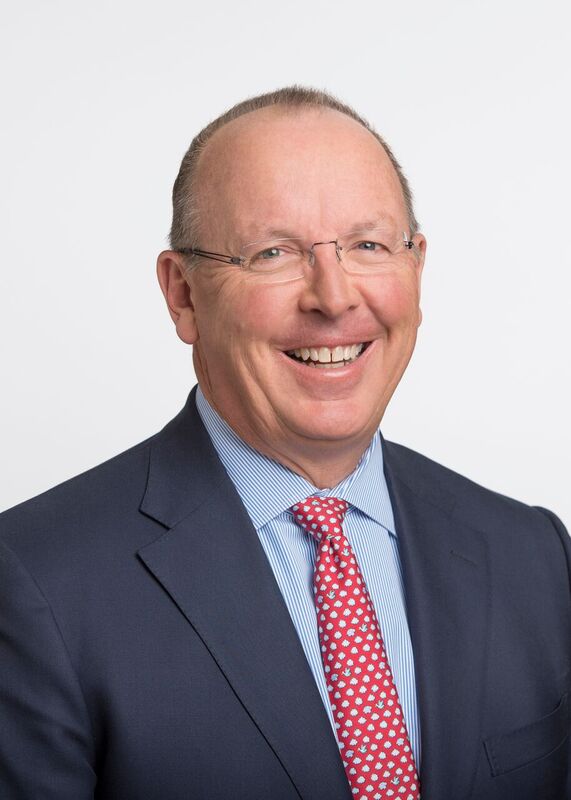
Scott Wylie is Founder, Chairman and CEO of First Western Financial, Inc. Mr. Wylie leads a great team of professionals at First Western Financial and First Western Trust. Before that, he served as Chairman and CEO of Northern Trust Bank of Colorado after having sold his prior institution, Trust Bank of Colorado, to Northern in 1998.
Prior to that, he led the acquisition of Equitable Bankshares of Colorado, a Denver-based bank holding company with two subsidiary banks, now known as Colorado Business Bank. In 1987, he started his first bank as a subsidiary of the First Boston Corporation. He later led a management buyout and renamed it the Bank and Trust of Puerto Rico.
Mr. Wylie received a Master of Business Administration from Harvard Graduate School of Business and a Master of Arts in economic development from the School of International Service at American University.
In this 3,006 word interview, exclusive to the Wall Street Transcript, Mr. Wylie details what it takes to start up a successful bank in the United States.
“I had sold my previous bank to Northern Trust and was running the Rocky Mountain region for Northern. I saw a real opportunity then to create a private bank and trust company that was focused on Western wealth management clients. The clients here in the West are different than those from the traditional East Coast or Midwest clients because the economies there are older and tend to have more intergenerational wealth.
The West represents younger economies with first-generation wealth, so we thought there was an opportunity to create a kind of new-generation private bank and trust company to serve that newer generation of Western wealth.”
This focus on asset management has contributed to a more stable revenue flow for the bank:
“The big difference for First Western’s financials compared to other financial institutions like ours is the fee business. About half of our revenues are from the fee business, and most of that is recurring business from the trust and investment management business, which has $5.6 billion in assets under management.
A lot of folks today are worried about what is going to happen with net interest income, so that is a concern for us as well. We pay attention to the deposit betas like everybody else, but that only directly affects half of our revenues.”
Get the complete picture and read the entire 3,006 word interview, exclusive to the Wall Street Transcript.
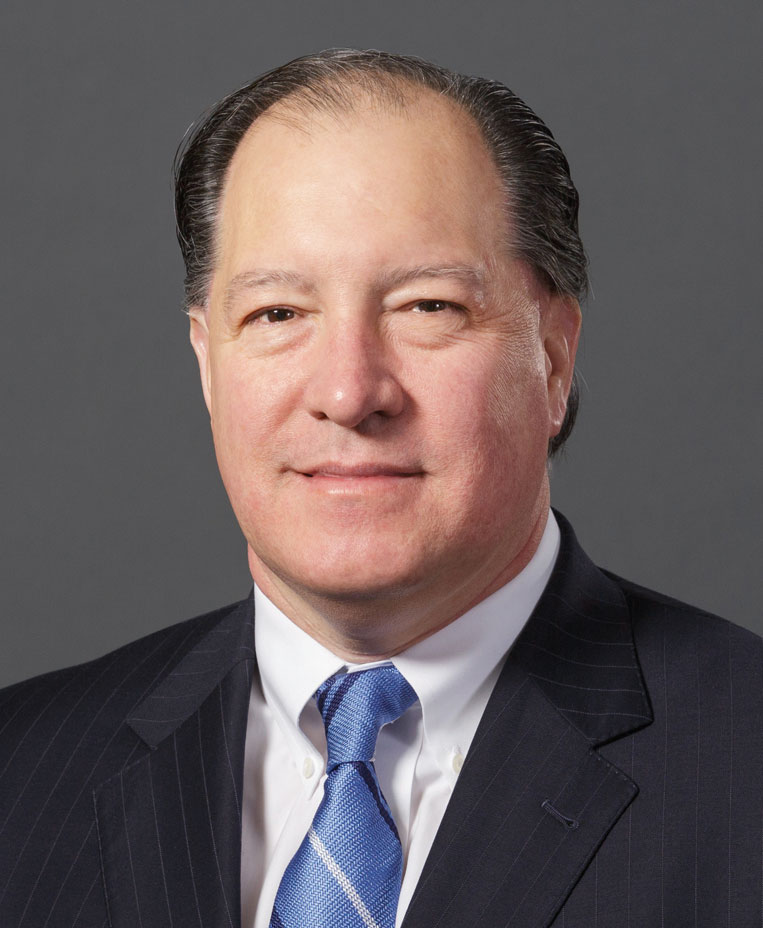
Christopher J. Del Moral-Niles, CFA, joined Associated Bank in 2010 and is currently the Executive Vice President and Chief Financial Officer. He has the overall responsibility for the company’s financial management. He also serves on the executive committee for Associated Banc-Corp. Mr. Niles brings more than 25 years of financial services industry experience to Associated Bank.
Previously, he was the Corporate Treasurer of The First American Corporation and President of First American Trust, FSB. Before that, Mr. Niles served as Senior Vice President and Director of Liability Management for Union Bank, President of UnionBanCal Commercial Funding and as the asset/liability strategist of Union Bank.
Prior to his time with Union Bank, Mr. Niles spent a decade as an investment banker focused on the financial services industry, working primarily on acquisitions, bank capital raising and funding transactions for regional banks and thrifts. Mr. Niles holds an MBA from UCLA’s Anderson School of Management and studied economics at the University of California, Berkeley. He has been a Chartered Financial Analyst — CFA — since 1995. He resides in Green Bay and serves on the Wisconsin Bankers Association board.
In this exclusive 3,638 word interview, Mr. Moral-Niles details the strategy behind creating a profitable, diversified financial services powerhouse in the Mid-West United States.
“We have built a business model around being both a consistent lender into the communities within which we operate and, in many places, being the largest lender. For example, we are the largest mortgage lender in the state of Wisconsin. We beat out folks like Wells Fargo and the online operators. That presence across the marketplace is the distinguishing characteristic of our franchise, along with the fact that we have built a series of specialized industries’ verticals within our bank.”
Insurance is just one of those verticals:
“During the course of the year, we acquired Bank Mutual. And that further cemented, supported and enhanced our franchise across the state of Wisconsin. We also bought Diversified Insurance early in the year and followed that up with Anderson Insurance to grow our franchises in the Milwaukee marketplace.
That Diversified deal complemented our acquisition of Bank Mutual because it bolstered our insurance presence in Milwaukee, where Bank Mutual was based, and Anderson further enhanced our position and franchise both in Minnesota, Minneapolis specifically, but also enhanced our specialization in workers’-comp-related insurance because that was a specialty of theirs.”
Another vertical is lending to the oil and gas industry:
“Two of our directors, in addition to our Chairman, also have oil and gas professional backgrounds, either at Amoco or as oil and gas bankers. So we have got depth at the board and senior management level and were able to hire in teams that had worked previously for our CEO and other organizations. These people in the market understood the products and the customer base and were able to hit the ground running in the marketplace.
We made sure that we are sitting in Houston, which is where you need to be if you are going to be an oil and gas banker.”
Wisconsin is shaping up to be a bellwether state for the repurcussions of the new tax law:
“TWST: Growth in manufacturing in that area of the country certainly would give a lot of people a warm feeling because we don’t often hear enough about this in the U.S. Can you expand and offer some examples of loan types that you find are being needed? What types would make up that 9%?
Mr. Niles: An example is, literally just down the road, one of the first paper mills coming up out of the ground here in more than 30 years. It is about a $0.5 billion project for Green Bay Packaging that involves the building of a new paper mill. It is next to Georgia-Pacific and just down the street from other mills and plants that have been here forever.
The reality is that the Procter and Gamble and Georgia-Pacific plants have been stalwarts of employment here along with Green Bay Packaging for decades, but no one has re-invested in a new plant, in part because it is a pretty high-dollar commitment. Tax reform, credits for producing new jobs that states are encouraging and the reality that finding workers is more challenging are now drivers to investment.
In order to increase production, there is a need to increase the degree of automation and efficiency of the existing work force. This then drives manufacturers to consider significant capital investments and the economics for those capital investments are starting to shape up. They make sense. We are seeing folks who have been on the sidelines, in some cases for years, finally step up and make commitments to build and expand in ways that we have not seen. We are heartened by this and see it as a positive.
Green Bay Packaging is not alone. Our clients look at tax reforms and at the economic environment in such a way as to believe that there is still growth in this economy. If we make the right investments and position ourselves well and build the right efficiencies and automation into our processes, we will be better positioned to sustain and grow our businesses. We will be better positioned to work our way through a downturn. That kind of logic is starting to take hold.”
Get the complete picture by reading the entire 3,638 word interview, only in the Wall Street Transcript.
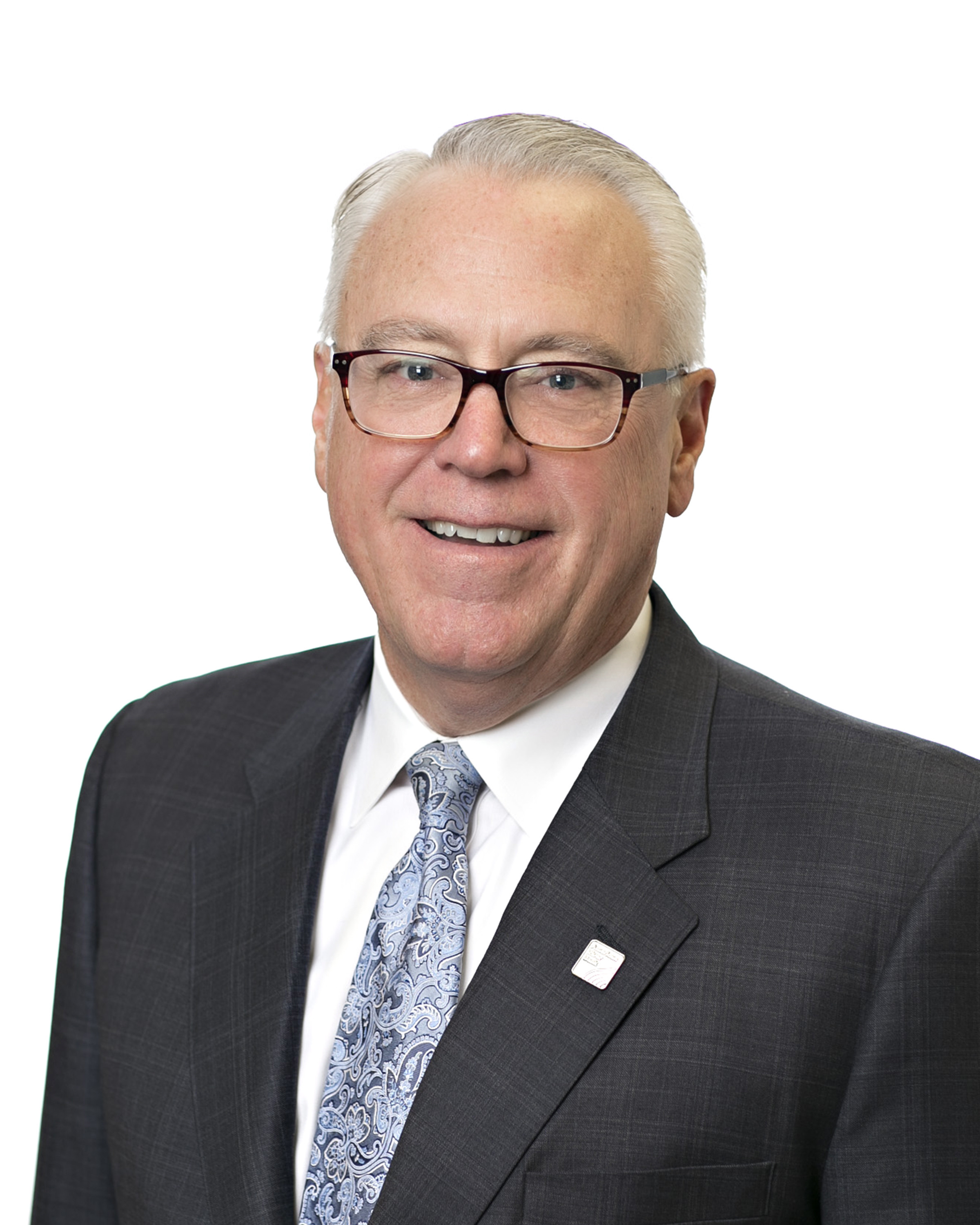
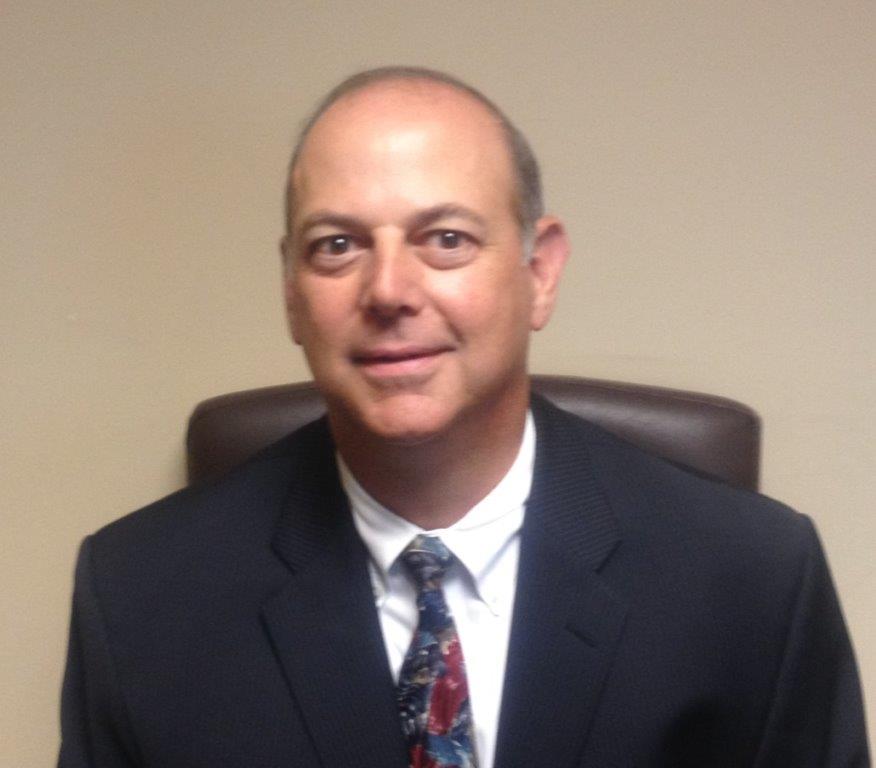
David E. Ritchie Jr., also known as Dave, has been the Chief Executive Officer and President at American River Bankshares and American River Bank since November 1, 2017. He started his banking career in 1986 at Wells Fargo Bank, National Association, including three years in the Sacramento Regional Commercial Banking Office.
Mr. Ritchie worked in the Commercial Banking Group for 24 years, including as Executive Vice President responsible for the management of the Regional Commercial Banking Office in Irvine. He served as Executive Vice President and started the regional commercial banking office in Irvine, California, for OneWest Bank from November 2011 to June 2014.
From June 2014 to October 2017, Mr. Ritchie served as Senior Vice President and Head of Regional Commercial Banking Office at U.S. Bank National Association.
Mitchell A. Derenzo has been the Executive Vice President and Chief Financial Officer of American River Bankshares since 1995. Since 1992, he has been the bank’s Chief Financial Officer. Prior to that, he was a senior accountant at Ernst & Whinney from 1986 to 1988.
From 1988 to 1992, he was Controller and CFO of a locally based savings and loan. He is a board member of the American River Bank Foundation and the Sacramento Life Center.
In this 2,570 word interview with these two banking executives, exclusive to the Wall Street Transcript, they describe a strategy for local banking that offers high returns to investors:
“We hired a whole new lending team of seven people and brought them in pretty much throughout the first half of the year. They were from various banks in our territory. They have been producing results.
In the last three quarters of 2018, we were able to do $104 million in new loan commitments, which was really strong, in my opinion, from where we were. In the previous year, we did about $30 million. So we hired people and are now executing on our plan…”
Get the entire detail on how this fast growing bank is delivering returns to its equity investors by reading the entire 2,570 word interview in the Wall Street Transcript.
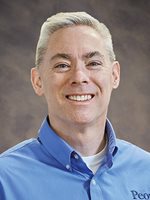
Scott M. Cattanach began in August 2017 as the new President and Chief Executive Officer of PSB Holdings, Inc. and Peoples State Bank. He joined Peoples State Bank as Chief Financial Officer in 2002 after 11 years of serving banks as a CPA with Wipfli LLP. He has more than 27 years of experience working with community banks in central Wisconsin.
Mr. Cattanach is responsible for setting strategic direction and for ensuring the growth and profitability of Peoples for the benefit of customers, shareholders and other stakeholders. He is past president of MC United Soccer Club, representing over 350 youth soccer players and teams affiliated with the Wisconsin Youth Soccer Association.
In this exclusive 3,379 word interview with the Wall Street Transcript, Mr. Cattanach describes his strategy for PSB Holdings and his tactics for making investors happy.
“Peoples State Bank was founded in 1962 by a group of Wausau, Wisconsin, small-business owners who weren’t getting their financial needs met by larger banks. We have always had a focus on serving local business owners and the unique financing needs of their entrepreneurial spirit.
We are a $900 million-in-assets community bank with nine locations in north-central Wisconsin as well as a Milwaukee loan production office opened in 2016 and a Stevens Point loan production office opened in 2018. Our common stock is traded on the OTC Markets under the ticker PSBQ.”
The specific geography of People’s powers the better than average returns of this bank:
“Our traditional north-central Wisconsin market area has a higher concentration of manufacturing employment as a percentage of total employment than even the state of Wisconsin, which has a higher manufacturing employment percentage when compared to the nation. We do a lot of commercial lending with local job-shop type of manufacturers that sometimes even have operations interconnected with other independent local manufacturing operations.
We are looking to develop capabilities in stronger treasury management services in connection with commercial credit so that we can help to support that industry in our home market.”
Get the complete picture from the People’s Bank CEO in this exclusive 3,379 word interview in the Wall Street Transcript.